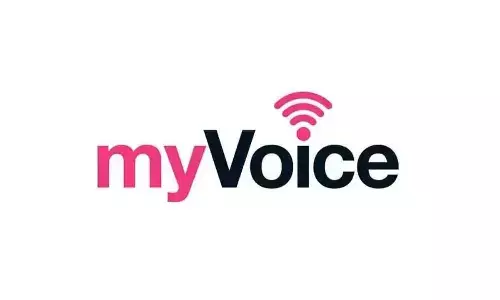Expecting and managing hypertension? Essential tips for pregnant moms

High blood pressure, or hypertension, is a significant health concern that requires careful management, especially during pregnancy. It’s crucial to highlight the importance of controlling hypertension to ensure the health and safety of both mother and baby
High blood pressure, or hypertension, is a significant health concern that requires careful management, especially during pregnancy. It’s crucial to highlight the importance of controlling hypertension to ensure the health and safety of both mother and baby. Here, we explore strategies for managing hypertension during pregnancy, the prevalence of hypertensive disorders in pregnant women in India, and the vital role of healthcare providers in this process.
Understanding Hypertension in Pregnancy
Hypertension during pregnancy can be classified into several types:
l Chronic Hypertension: Present before pregnancy or diagnosed before 20 weeks of gestation.
l Gestational Hypertension: Develops for the first time after 20 weeks of gestation, documented on two occasions at least four hours apart, with no presence of protein in the urine
l Preeclampsia: A serious condition that occurs after 20 weeks of pregnancy, characterized by high blood pressure and protein in the urine, potentially leading to severe complications.
Proper management of hypertension is essential to prevent complications such as preterm birth, placental abruption, and preeclampsia.
Prevalence of Hypertensive Disorders of Pregnancy
In India, hypertensive disorders of pregnancy are a growing concern. In a recent survey, among 2028 cases of hypertensive disorders:
l Gestational hypertension accounted for 962 cases (47.4%).
l Preeclampsia was present in 661 cases (32.6%).
l Chronic hypertension was observed in 166 cases (8.2%).
l Preeclampsia superimposed on chronic hypertension occurred in 239 cases (11.8%).
l The prevalence of these conditions was highest among primigravida women (54%) compared to multigravida women (46%).
l Globally, gestational hypertension occurs in 5-10% of pregnancies.
l In India, gestational hypertension occurs in 7-8% of pregnancies.
Trends in Pregnancy-Associated Hypertension
Over the span of just two years, from 2017 to 2019, research suggests that there has been a discernible increase in the prevalence of pregnancy-associated hypertension, rising from 10.8% to 13.0%. This upward trend is accompanied by a corresponding uptick in chronic hypertension rates, climbing from 2.0% to 2.3% within the same timeframe. These statistics underscore a concerning trajectory in the incidence of hypertension during pregnancy, warranting further attention and proactive measures in maternal healthcare.
Strategies for Managing Hypertension During Pregnancy
Regular Prenatal Checkups
Frequent prenatal visits allow healthcare providers to monitor blood pressure levels and overall health, ensuring any changes are promptly addressed.
Medication Management
Depending on the severity of hypertension, doctors may prescribe medications that are safe for pregnancy. It’s essential to take these medications as directed and discuss any concerns with your healthcare provider.
Healthy Diet
A balanced diet rich in fruits, vegetables, whole grains, and lean proteins can help manage blood pressure. Reducing salt intake and avoiding processed foods can also contribute to better blood pressure control.
Physical Activity
Regular, moderate exercise, such as walking or swimming, can help maintain a healthy blood pressure level. Always consult with your healthcare provider before starting any new exercise routine during pregnancy.
Stress Management
Stress can negatively impact blood pressure. Techniques such as prenatal yoga, meditation, and deep breathing exercises can help manage stress levels effectively.
Weight Management
Maintaining a healthy weight during pregnancy is crucial for managing hypertension. Gaining weight within the recommended range can help reduce the risk of complications.
Monitoring at Home
Home blood pressure monitors can help track blood pressure levels between doctor visits. Keeping a log of readings can provide valuable information for healthcare providers.
The Role of Healthcare Providers
Healthcare providers play a pivotal role in managing hypertension during pregnancy. They offer personalized care plans, monitor the health of both mother and baby, and provide guidance on lifestyle modifications and medication management. It’s essential to maintain open communication with your healthcare team and follow their recommendations closely.
Managing hypertension during pregnancy requires a comprehensive approach that includes regular medical care, lifestyle modifications, and effective stress management. By adopting these strategies and working closely with healthcare providers, expectant mothers can navigate high blood pressure and ensure a healthier pregnancy journey. Let’s raise awareness and support those facing this challenge, promoting better health outcomes for mothers and their babies.
(The writer is a MBBS, MS, FMAS, Consultant - Obstetrician, Gynaecologist and Laparoscopic Surgeon, Rainbow Children’s Hospital)








